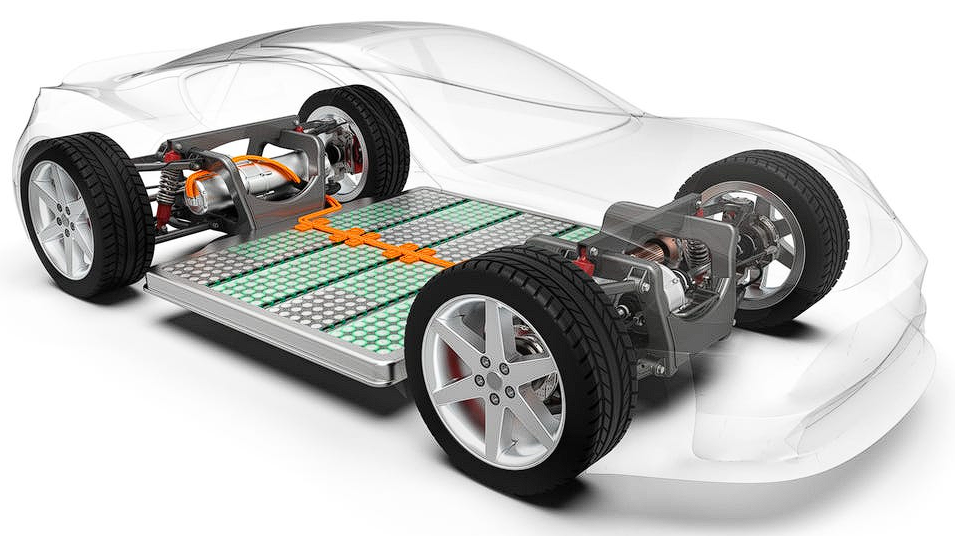How Tesla is Revolutionizing the Car Battery Industry (PDF)
Electric cars have become a staple in the transportation industry, and the demand for them is growing. With that growth comes the demand for electric car batteries. Until recently, most of these batteries have been made in China, putting automakers at risk of supply chain disruptions due to geopolitical tensions. But Tesla is changing the game with its new cylindrical 4680 battery cells, which are set to upend the industry hierarchy.

Electric car batteries have typically been fashioned as flat pouches or rectangular boxes in the name of space efficiency. Cylindrical cells, compared to these, have historically posed challenges due to the wasted space created when they are stacked together. Tesla is now lessening this issue with its new 4680 cylindrical battery cells – which measure 46mm in diameter and 80mm in length – promising up to five times the energy of existing Tesla car batteries.
Besides providing more energy, these new cells are also more affordable to produce. They use a new material that uses aluminum, a relatively plentiful and low-cost metal, as well as fewer raw materials. By using upgraded technology, batteries are made with fewer parts, making them lighter and easier to mass-produce, since they do not have to be tailored to fit different car designs.
The timing for Tesla’s new batteries is opportune. The US President’s Inflation Reduction Act has raised the stakes for electric car makers that use Chinese battery suppliers. The electric car would qualify for subsidies and a sales boost from the thousands of dollars in tax credits for US buyers if it used batteries made at Tesla’s Austin and Nevada plants.
Recently, Tesla has ramped up battery production in the US. In addition to its plan of vertical integration, it has ordered $2.9 billion of battery materials from South Korea’s L&F. That means more affordable batteries and higher margins. It is unfortunate for companies such as Panasonic and LG Energy Solution that have heavily bet on Tesla’s continued use of their battery technology and production lines.
Electric cars had a significant boost in sales volumes globally, and the increased demand for batteries has caused a shortage of manufacturing capacity. However, Tesla’s battery cell production saw more than 1,000 cars completed per week in December and it is currently expanding its Nevada plant to make 100 gigawatt-hours of 4680 cells annually, adequate for 2 million electric cars. As output grows and costs reduce, Tesla’s suppliers face a hardship trying to keep up with their low operating margins below 5%.
Moreover, the ability of Tesla to manufacture its own batteries significantly contributes to its operational resilience. It also permits Tesla to upgrade and modify its models faster, while avoiding supply disruptions. The small group of businesses that dominate the world’s batteries now face the same type of disruption Tesla has brought to the world of electric cars. The future of the industry looks bright, and Tesla is leading the way.





